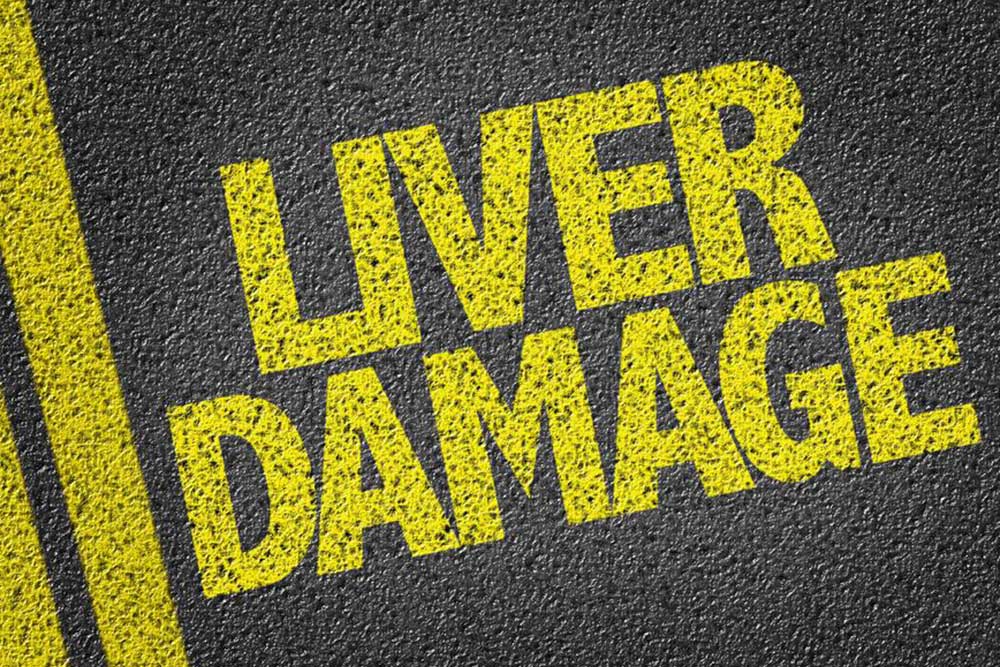Identifying the Top 10 Warning Signs of Liver Health Problems
This comprehensive article explores the top 10 warning signs of liver health problems, including symptoms like jaundice, fatigue, and abdominal swelling. Recognizing these early indicators is crucial for timely intervention and preventing severe liver damage. Learn about liver functions, common issues, and how to identify potential problems early to maintain optimal health.

Identifying the Top 10 Warning Signs of Liver Health Problems
The liver is one of the most crucial organs in the human body, responsible for a multitude of functions that are essential to maintain overall health and well-being. Located in the upper right quadrant of the abdomen, just beneath the diaphragm, the liver plays a central role in processing nutrients, detoxifying harmful substances, and supporting metabolic activities. Despite its vital importance, many people remain unaware of the early signs indicating liver issues, which can lead to severe health consequences if not identified and treated promptly.
Understanding the Critical Functions of the Liver
The liver works tirelessly to filter toxins from the blood that comes from digestion, ensuring that harmful substances do not accumulate in the body. It metabolizes medications, produces vital proteins, and synthesizes bile, which aids in digesting fats. Additionally, the liver regulates blood clotting factors and stores essential vitamins and minerals, all of which are integral for maintaining health.
Various liver conditions such as hepatitis, cirrhosis, liver tumors, and gallstones can impair its functions, leading to a range of health problems. Recognizing early warning signs is key to preventing irreversible damage and improving health outcomes.
Common Symptoms and Indicators of Liver Problems
One of the initial signs of liver dysfunction is a decrease in platelet count, medically referred to as Thrombocytopenia. Platelets are essential for blood clotting, and low levels can cause easy bruising and bleeding. Blood tests that reveal a drop in platelet numbers often point to underlying liver issues.
Nausea, Fatigue, and General Malaise
Persistent nausea paired with feeling unusually tired or fatigued can serve as early indications of liver trouble. These symptoms reduce your quality of life and often go unnoticed or are mistaken for less serious ailments. However, they merit attention, especially if they persist over time.
Visible Signs: Jaundice, Swelling, and Skin Changes
Yellowing of the skin and eyes, known as jaundice, results from a buildup of bilirubin—a pigment produced during the breakdown of red blood cells. Jaundice is one of the most recognizable signs of liver disease. Fluid accumulation in the abdomen, or ascites, along with swelling in the legs and ankles, indicates advanced liver problems. Skin changes like spider angiomas or easy bruising stem from impaired blood clotting and altered hormone levels.
Abdominal Discomfort, Pain, and Digestive Disruption
Ongoing abdominal pain, discomfort, and digestive disturbances such as diarrhea or constipation can reflect liver dysfunction affecting the digestive system. Loss of appetite is also common, stemming from impaired digestion and metabolic disruptions that affect appetite control centers in the brain.
Enlarged Spleen and Blood Clotting Issues
In some cases, liver disease leads to an enlarged spleen—a condition known as splenomegaly—which can be detected via physical examination or imaging. This enlargement often correlates with portal hypertension, a serious complication of liver cirrhosis. Low platelet levels contribute to easy bruising and bleeding tendencies, making clotting issues a significant concern for those with liver disease.
Recognizing these symptoms early and consulting healthcare professionals can lead to timely diagnosis and management. Many liver conditions are reversible or manageable if caught early, emphasizing the importance of awareness and proactive health monitoring.





